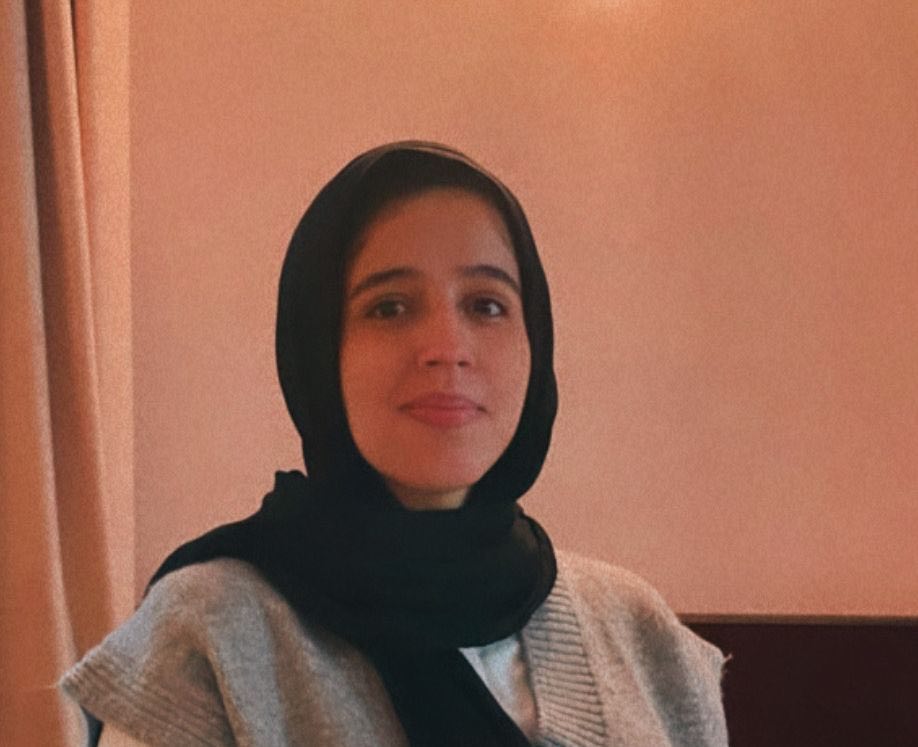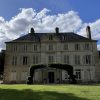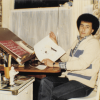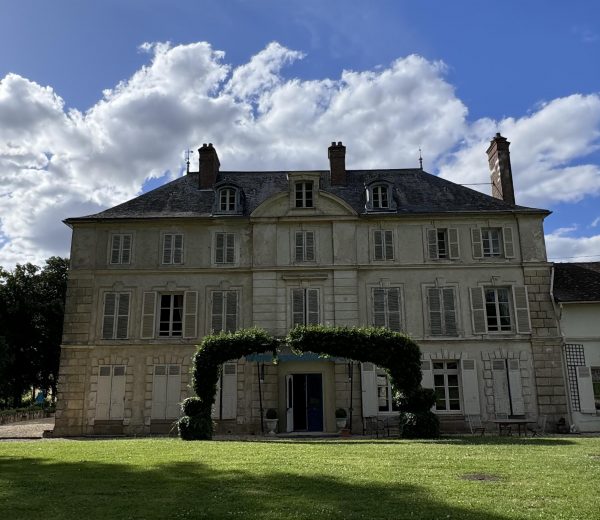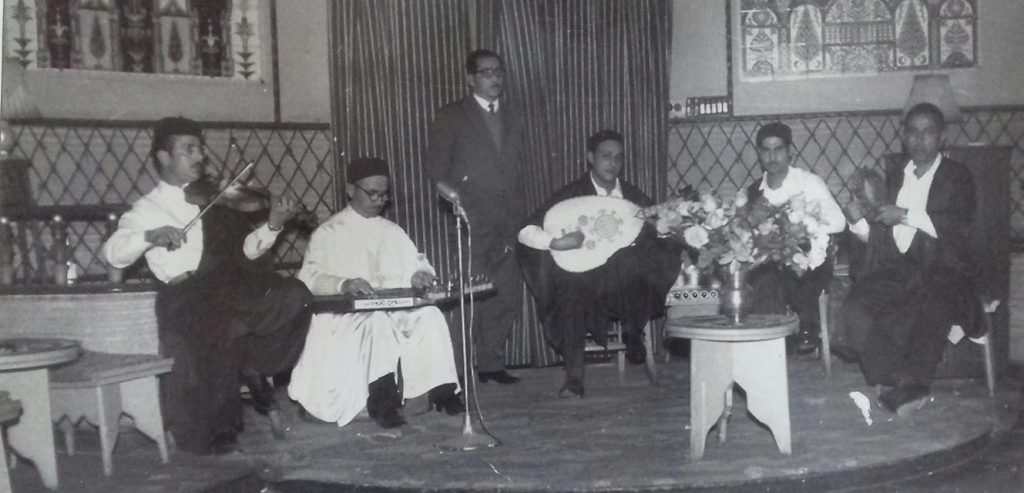
Tripoli, as called by locals, is the Mediterranean Bride. It is the destination of diversity with authenticity and traditional practices accompanied by art pioneers who shaped the city’s artistic and musical scene. The influence of the past remains present in the corners of its streets and alleys to this day. It is the city that produced creative legends in many artistic fields, including poetry, art, and music. In particular, the old town of Tripoli is full of stories about how creativity emerged and still is emerging.
According to shared information,
There were several hotel houses scattered in the old city of Tripoli, near the Naqa Mosque. Such as the Siala Hotel, Al-Adlouni Hotel, Al-Ghadamsiya Hotel, or close to Soug Al-Turk and Soug Al-Mushir such as Al-Hanshiri Hotel, Al-Zahr Hotel, Al-Tobjia Hotel, Mezran Hotel, and other hotels. Since the beginning of the last century, it was more of a cultural and artistic forum until the early sixties.
People who came to Tripoli rented some of the rooms in these hotels. Those people came from cities and villages, either for work or study. Artists and culture enthusiasts rented other rooms to converse at night. Also, to spend pleasant nights in the presence of music and singing.
In these shops and those hotels, many talents shined through different generations. They carried the torch of art and creativity, including Khalil Al-Tarzi, Sheikh Mukhtar Shaker Al-Murabit, Bashir Fahima, Al-Aref Al-Gamel, etc.
In this article, I will be sharing the story of one of these artists—Al-Aref Al-Gamel, through the information I received from his grandson, Mr. Faez Al-Gamel, and information shared on social media platforms and media outlets.
Who is the Art Pioneer Al-Aref Al-Gamel?
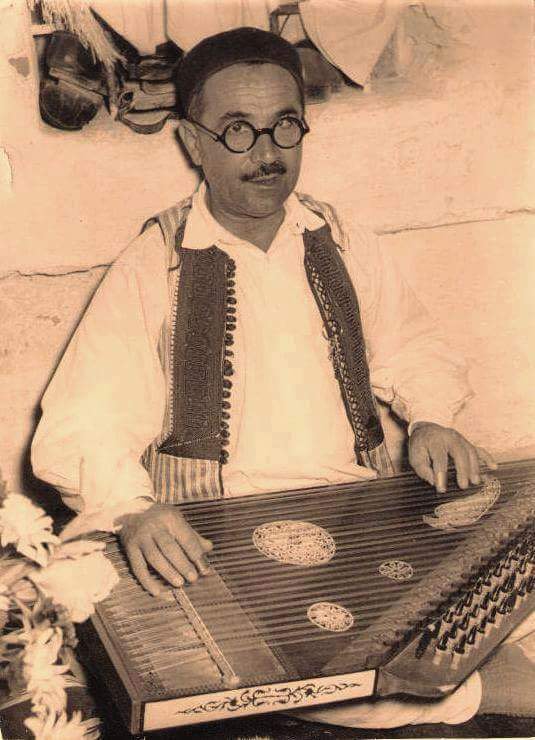
Al-Aref Al-Gamel was born and raised in Tripoli in 1906 and is one of its famous artists. He learned the Arabic language and memorized the Holy Qur’an at the Nakhla Mosque at the hands of Sheikh Salem Al-Tarhouni.
He worked at the beginning of his life in the Ministry of Railways as a train inspector. Nonetheless, music was his passion and love. He chose to complete the journey of work and his love for music. In two parallel lines so that neither of them affects the other.
The influence of his father
His father worked as a caterer to supply food to the Ottoman Empire. That enabled them to host all the artistic teams visiting the country at the time to present their arts after the banquets. He found himself sneaking into every party to the nearest place. It is where he could listen to and enjoy what was going on in the arts. From there came his passion and love for the art.
His father died when he was twelve years old. He bought the first oud in his life from Egypt after a visit to this country in 1917. He entered the field of art by singing religious praises and Muwashshah.
The Tripoli Song & Al-Gamel’s Contributions
The Tripoli song, or called, flourished in the late nineteenth century. It consisted of words in the local vernacular dialect, including melodies with fine musical instruments such as the oud, Qanun, and violin. These songs were simple, stringent, and expressive of doctrine and coupé.
Since art, primarily associated with material profit, was limited to Jews from the old city residents. Some young people rose to prominence in Tripolitania music and singing. They decided to break these taboos in monopolizing art.
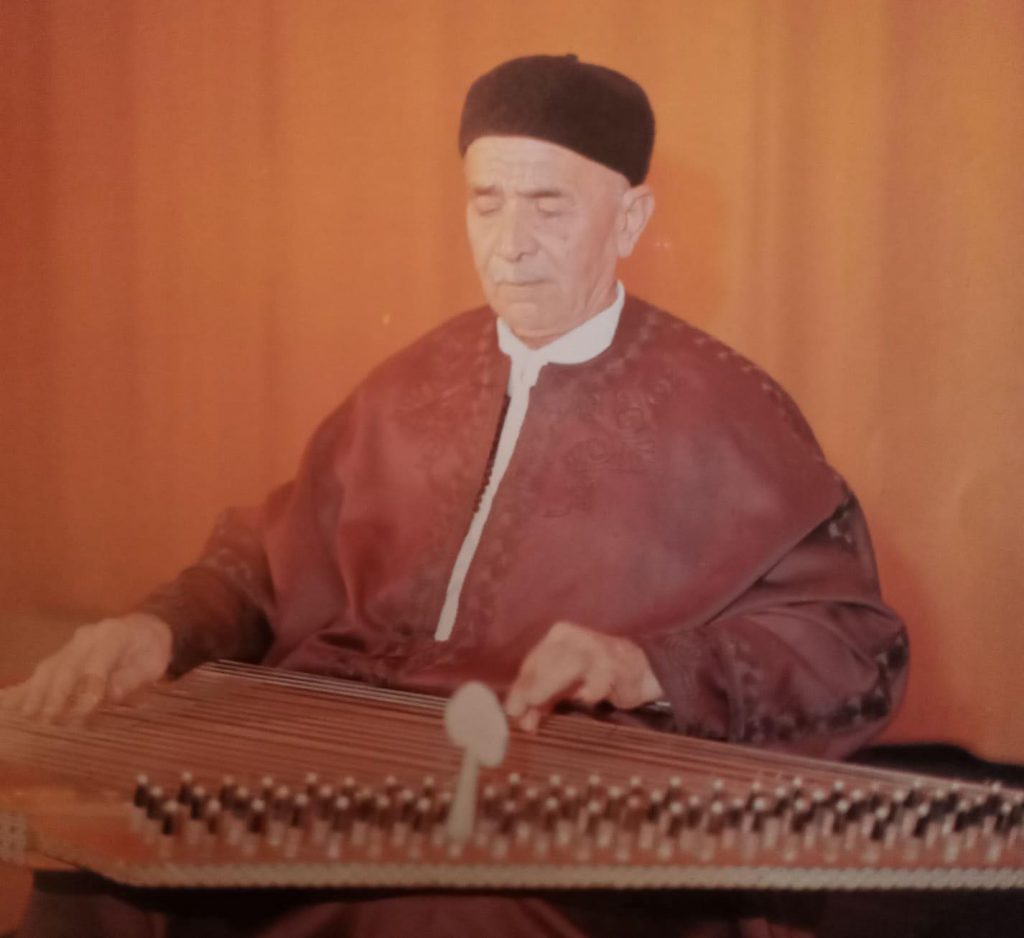
Al-Aref Al-Gamel made significant contributions to preserving the original Libyan song. In addition, he had a great deal of artistic giving and distinguished knowledge of the lute and Qanun. Moreover, Al-Gamel had great merit in forming some civil artistic groups—especially artists who participated in the Tripoli Nights revival during a critical stage of his creative life. At the end of his life, he started teaching at the Jamal al-Din al-Ma’edi Institute for Acting and Music in Tripoli. Al-Aref taught his students to play the Qanun and the lute. He died in Tripoli in the early 1980s.
Major Influencers & Soug Al-Mushir Band
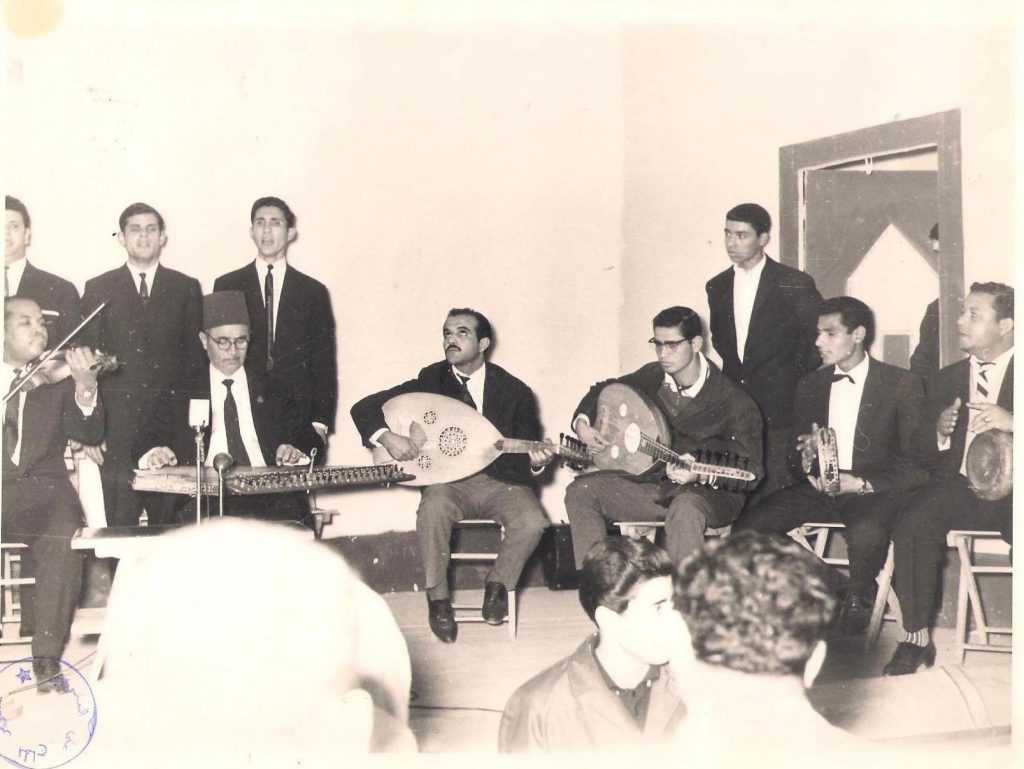
Then came the role of the artists Mokhtar Dagra, Bashir Fahmi Fahima, Mohsen Dhafer, Muhammad Abi, Ali Al-Bawni, Al-Arif Dhafer, and Abdullah Jamal Al-Din Al-Melidi in teaching Al-Aref Al-Gamel the principles of art and singing.
However, the artist Khalil al-Tarzi was the one who taught him the basics of playing the Qanun, which he mastered and excelled at later on in his life. After that, he joined the band of Soug Al-Mushir Cafe with many artists.
Including Othman Najim on the violin, Muhammad al-Qadri, a qanun player, Ali al-Qamudi, a Tar player, and Abu Bakr Shaqlab as a drummer. In addition to the artists Mohamed Suleiman Qneiwa, Ahmed Shaheen, Ahmed Al-Khouja, Kamel Al-Qadi, Bashir Fahmy Fahima, Ali Al-Haddad, and others.
The First Oriental Club in Tripoli
In 1933, the establishment of the first official club for oriental music took place in Tripoli. Its headquarters was at the Politeama Theater. At that time, the artist Mohammed Hassan Bay managed the theatre. Among the artists who joined this club are Al-Fitouri Imbiya, Mustafa Al-Dahmani, Ahmed Ashour, and Al-Amin Al-Jaafari.
After the success he achieved, whether through Souk al-Mushir Café or the Music Club. He held many concerts with his band in the halls of the major hotels known in Tripoli at the time. In addition to presenting many solo musical pieces on the Qanun.
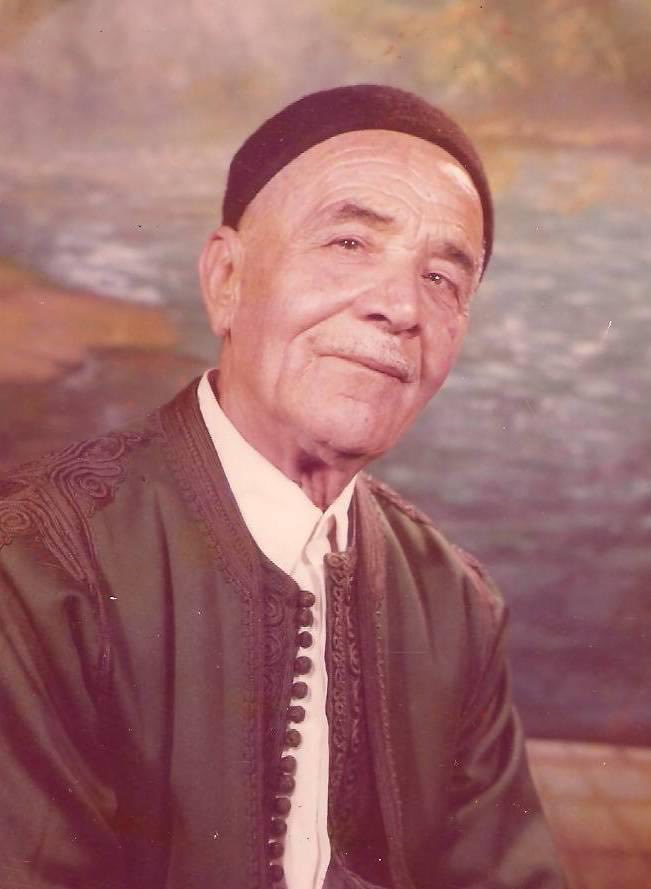
In 1961, he joined the radio troupe as a qanun player in the ensemble of poems and prophetic praises. Al-Aref continued until the artist Kadim Nadim, who was heading the music department at the radio, decided to form the radio ensemble. So he chose the artist Ali Al-Haddad to be the leading Qanun player in the band instead of the artist Aref Al-Gamel.
Following this decision, Al-Aref decided to leave the radio. He chose to spend the rest of his life as a music teacher. He taught at the National Institute of Music and Acting in Tripoli in the mid-sixties of the last century.
